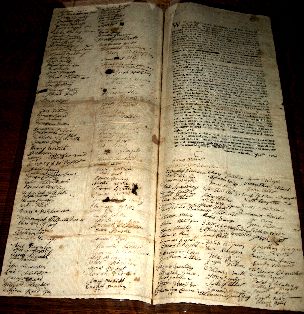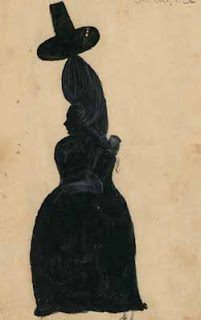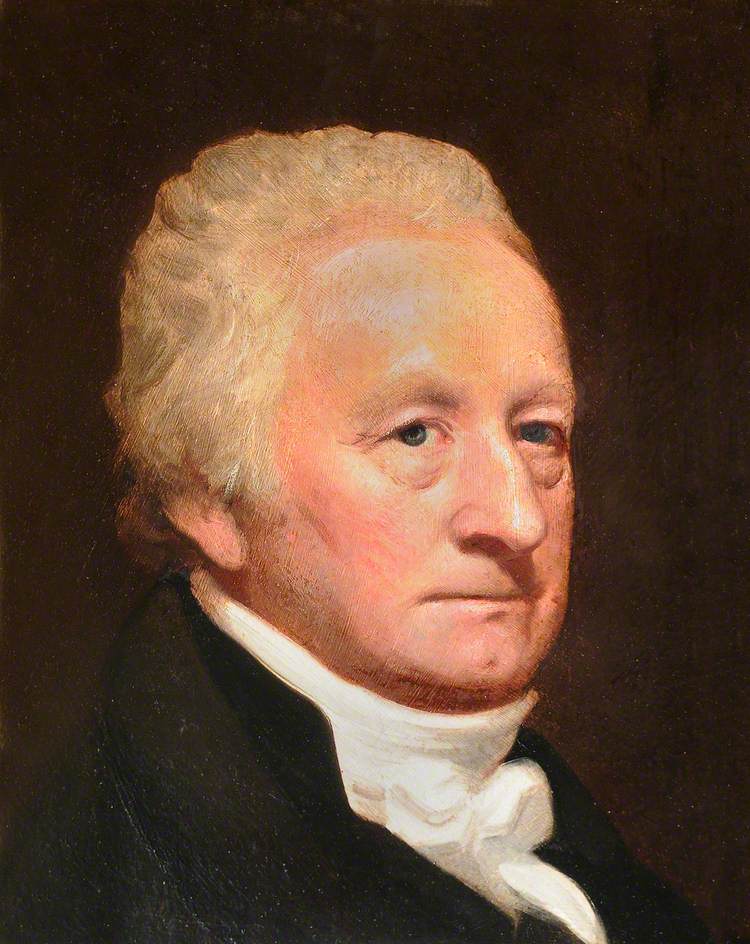“May not great Heats and Animosities from hence be justly feared?”
That letter is written in the first person singular: “I beg Leave to lay before them the following Facts and Observations…”
However, in a 22 July private letter, John Andrews, a signatory of the milder protest, wrote that “our reasons for a dissent are given [in that essay] in a more explicit manner than in the protest.”
So even if this letter had a singular voice, and may have come from a single hand, a larger community of merchants felt it spoke for them.
That letter was sent to the printers of the Boston Evening-Post, Boston Post-Boy, and Boston News-Letter addressed to “Messirs. Fleets,” “Messieurs MILLS and HICKS,” and “Messi’rs PRINTERS,” respectively. Editors still like a sign of individual attention.
(Management of the News-Letter was in flux that summer. On 9 June Margaret Draper announced that she was continuing her late husband Richard’s partnership with John Boyle. But on 11 August she announced that she was taking over the newspaper herself.)
The letter ran through the terms of the Solemn League and Covenant, emphasizing the hardships and how signers were supposed to shun anyone who didn’t sign and continued to import goods from Britain. Then it argued:
Whoever attends to these Terms of the Covenant, wholly proscribing the Goods expected in the Fall and all those upon hand, unless an Oath is taken, must be greatly concerned lest from the Non-exception of Articles of necessity the people should be drawn into a dangerous Snare, and Perjury in many Cases fatally ensue. The multiplication of Oaths (tending to introduce a disregard of them) has been always carefully avoided by wise Legislators; it being well judged that Society cannot exist when Oaths shall cease to be religiously observed. When that dreadful Event happens among any People, their Lives, Liberties and Properties cannot be safe. . . .Of course, the people promoting the boycott wanted it to be total. They wanted non-participants to be shunned. And one group, at least, wanted people to be bound to the movement by oath. That was the path to solidarity.
It may also be observed, that if a Carpenter, a Taylor, or a Shoemaker shall refuse to sign, he is to be considered as a contumacious Importer.--Or should they sign the Covenant, they cannot serve those in the Way of their Occupation who shall not---What distress must this occasion at a Season when little or no Employ is to be procured among us without these Restrictions? . . . May not great Heats and Animosities from hence be justly feared?
Upon the whole, as I think this Covenant not adapted to procure that Relief we so greatly need, because I think it arbitrary and oppressive, subversive of our Rights and destructive of the Morals of the People, as also inconsistent with the true Spirit of Liberty and the Constitution, and not founded on the Principles of Honor and Honesty, I am led to offer these Observations to the Public, which appear to me to be founded on Reason.
TOMORROW: The weight of an oath.









